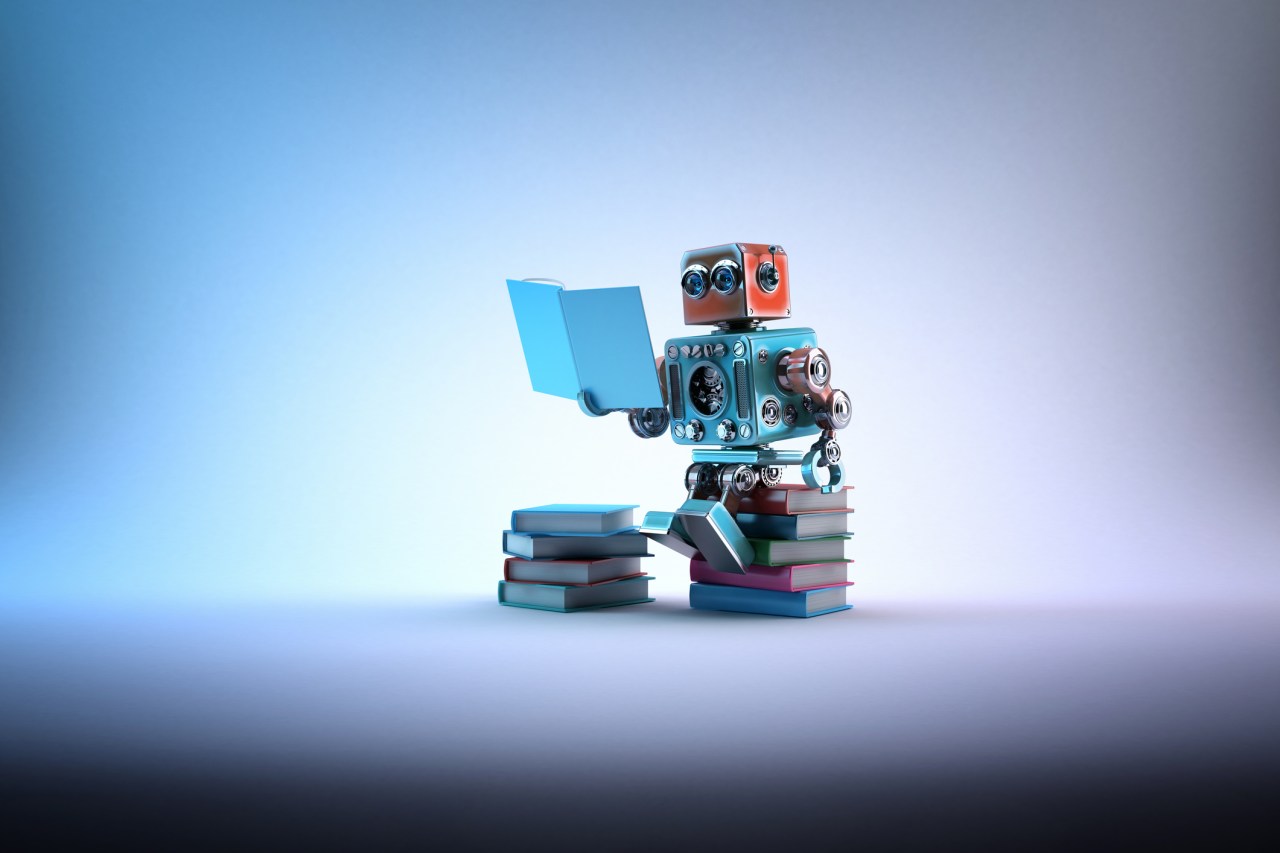The discourse surrounding artificial intelligence often hovers around a common question: will AI take away our jobs? A recent study from MIT’s Computer Science and Artificial Intelligence Laboratory (CSAIL) ventures into this debate, shedding light on the likelihood and economic viability of AI replacing human roles. While myriad predictions from various institutions have forecasted significant job displacements due to AI, the MIT study offers a fresh perspective that suggests we might be more resilient than we initially believed. Let’s dive deeper into the findings and their implications.
Rethinking Job Automation
Societal fears about automation have surged, fueled by predictions indicating that AI could automate up to 25% of the labor market in the coming years, according to estimates from Goldman Sachs. McKinsey has even projected that nearly half of all work could become AI-driven by 2055. Adding to this concern, research has shown that tools like ChatGPT have the potential to impact around 80% of jobs. However, the MIT CSAIL researchers propose a more nuanced viewpoint.
Decoding the Study’s Findings
The MIT study challenges the commonly held belief that a vast majority of jobs are on the chopping block. Instead, the researchers found that many of the tasks associated with these jobs are not economically advantageous to automate at this time. According to Neil Thompson, a research scientist at MIT CSAIL, this re-evaluation could lead to a slower and less dramatic disruption than previously anticipated.
- Cost-Benefit Analysis: The study illustrated the high costs associated with automating tasks that require visual analysis. For example, while a bakery could save thousands by automating food quality checks, the expenses for setting up an AI system to handle this task could exceed $165,000. In this scenario, the economics simply don’t favor automation.
- Task Focus: The researchers specifically analyzed jobs that include visual tasks, revealing that only 23% of the wages associated with such roles may be economically attractive for automation. Workers across industries might find comfort in knowing that their roles may not be as threatened as earlier predictions suggested.
The Bigger Picture: AI’s Evolution
One crucial aspect not explored extensively in the study is the potential for AI to augment rather than replace human labor. Tasks that enhance and facilitate human work, such as utilizing AI to analyze performance in sports, may create efficiencies without displacing workers. In addition, the study did not consider emerging job roles focused on maintaining and optimizing AI systems.
Moreover, with the rapid advancements in AI, particularly pre-trained models like GPT-4, the landscape is likely to change. There’s genuine anticipation for future developments that could shift the balance toward job creation in sectors previously unimaginable.
Looking Towards the Future
The implications of this research extend beyond immediate job security concerns. Policymakers should take note: the slow pace of AI adoption offers a vital opportunity to implement strategies that prepare the workforce for future changes. As the researchers noted, time is on our side, allowing us to embrace educational initiatives and retraining programs.
Furthermore, for AI researchers and businesses, understanding the dynamics of economic feasibility is critical for future developments. As noted by Thompson, decreasing the costs associated with AI deployment and expanding its potential application will be fundamental in making it a more attractive option for organizations.
In Conclusion
The findings from MIT’s CSAIL study provide a sense of cautious optimism regarding the future of work in an AI-driven world. Instead of facing imminent job loss, we may find ourselves in an environment where AI complements human abilities and creates new roles within the economy. Ensuring our workforce is prepared and adaptable will be essential as we progress into this new era.
At fxis.ai, we believe that such advancements are crucial for the future of AI, as they enable more comprehensive and effective solutions. Our team is continually exploring new methodologies to push the envelope in artificial intelligence, ensuring that our clients benefit from the latest technological innovations.
For more insights, updates, or to collaborate on AI development projects, stay connected with fxis.ai.

